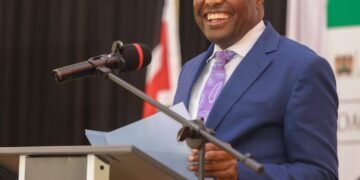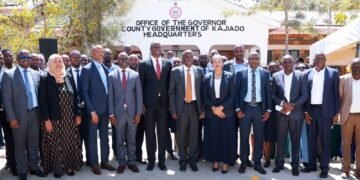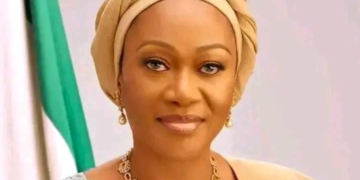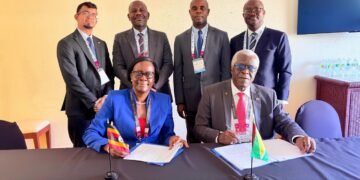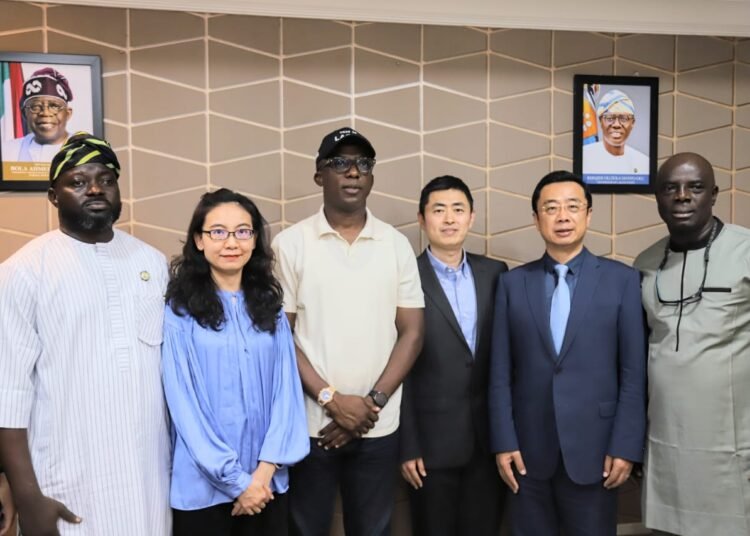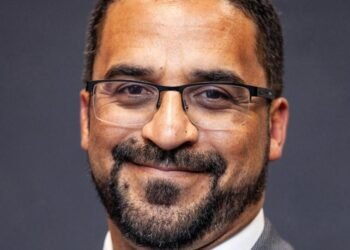Lagos State Government has expressed it’s readiness to collaborate with willing foreign investors to boost economic vibrancy in the state.
The Commissioner for Environment and Water , Mr. Tokunbo Wahab made this known during a business meeting with officials of the Lekki Free zone at Alausa, Commissioner, saying that the present administration is committed to increasing business opportunities in every part of the state.
Wahab said the state had invested massively in the Lekki free Zone corridor with the full awareness that the part of the State is the future of Nigeria.
He emphasized that Lagos State is the only State in the Country with a clear cut climate change policy saying itbis partly traceable to its being a coastal city affected by the rising sea level.
He stated that the state recently launched the phase II of the Lagos Climate Resilience and Adaptation policy, saying it demonstrate the readiness of the State in combating climate change Issues.
Wahab maintained that the State was open for partnership and investment solid waste management, liquid waste and other environmental avenues.
Wahab mentioned some local /rural areas where investment can be activated to benefit the communities and thereby change the narrative and enhance commitment to development in these areas.
“It is not enough to have the commitment on paper; if you have the approach and desire to lift 50,000 households on solar belt out of the National grid and put them under this policy, this portrays commitment” he said.
The Commissioner said that the state government has ramped up physical infrastructure in the lekki free zone highlighting road infrastructure from Akodo to Epe, Abraham Adesanya and free trade zone areas.
In his response the Managing Director Lekki Free Zone Development Company Mr. Zhang Bin said his organisation and his country China was ready to support Lagos develop climate change initiatives in the Lekki Free Zone area.
He stated that they were willing to share knowledge, find out needs of government for solar belt programmes in the communities around the free zone while also assisting with capacity building as well as improve power supply and livelihood of people in Africa.



